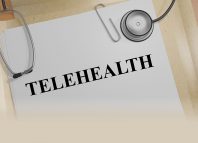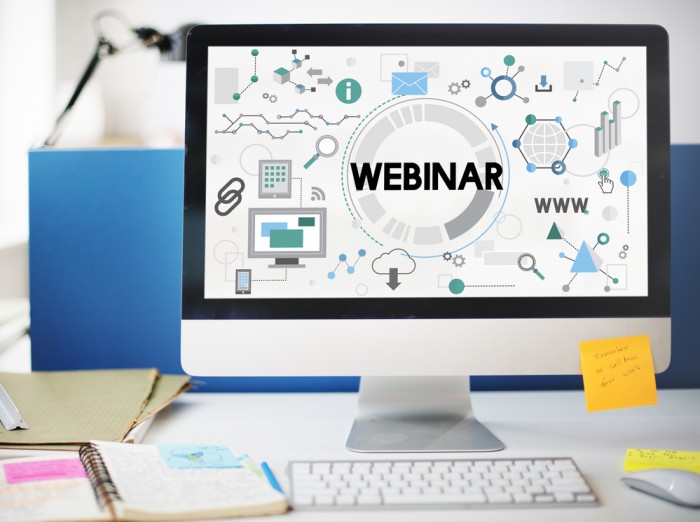EVV Implementation Timeline Update
PPE Resources Available
RCPA has been contacted by members with personal protective equipment (PPE) resources. If you are interested in additional PPE, please contact the resources below directly:
G5B Solutions, Inc.
John Rinaldo, President/CEO
Phone: 717-462-9801
PPE available
LD Innovations LLC
Dan Meyers
Phone: 727-432-9988
PPE available
Gov Wolf Signs Order to Provide Targeted Distribution of COVID-19 PPE and Supplies to Hospitals
CMS Open Door Forum & COVID-19 Office Hour Calls April 9
CMS has announced it will be hosting two calls tomorrow, Thursday, April 9, with the opportunity to ask questions of CMS officials regarding COVID-19 regulatory relief. A Special Open Door Forum – CMS Hospital Without Walls During the COVID-19 Public Health Emergency – is scheduled for April 9, 1:30 – 2:30 p.m. ET and CMS “Office Hours” on COVID-19 is scheduled for April 9, 5:00 – 6:00 p.m. ET. Details on the calls are included below.
Special Open Door Forum: CMS Hospital Without Walls During the COVID-19 Public Health Emergency
The Special Open Door Forum is scheduled for Thursday, April 9, 1:30 pm – 2:30 pm ET. The forum will include a question and answer session and is open to the public.
Dial-In Information: 1-888-455-1397 Participant Passcode: 3535324
CMS “Office Hours” on COVID-19
CMS “Office Hours” on COVID-19 is scheduled for Thursday, April 9, 5:00 – 6:00 p.m. ET. The call is open to hospitals, health systems, and providers and will include a question and answer session. Providers can submit questions in advance to partnership@cms.hhs.gov, including “Office Hours” in the subject line. There will also be an opportunity for live questions and answers on the following topics:
- Increasing Hospital Capacity – CMS Hospitals Without Walls
- Rapidly Expanding the Healthcare Workforce
- Putting Patients Over Paperwork
- Further Promoting Telehealth in Medicare
Join by Webcast or by phone:
Dial-In Information: 833-614-0820
Participant Passcode: 1881716
Video Message from DDAP Secretary Jen Smith
CMS’ “Office Hours” on COVID-19 Planned for April 9
Health Alert from PA Secretary of Health
The latest alert from the PA Department of Health is available. In part, it states, “The Pennsylvania Department of Health (DOH) is asking that clinicians provide the current guidance on isolation to patients being evaluated for COVID-19 to ensure that timely recommendations are provided to reduce spread of disease.” The current guidance includes patient instructions for self-isolation while awaiting laboratory results. It also includes a close contact check list, which physicians will be providing to anyone that is tested positive for COVID-19; individuals will be asked to begin tracing the contacts they have had since 48 hours prior to development of symptoms. These handouts can be helpful in your ongoing guidance you provide to the staff in your community programs.
Provider Training and Technical Assistance Related to COVID-19 Now Available
DDAP Upcoming Webinar on Gambling Addiction
A Stress Management/Mindfulness Approach to Working with the Problem Gambler
In light of the COVID-19 outbreak, The Council on Compulsive Gambling of Pennsylvania (CCGP) is offering several live web-based workshops. Please join CCGP for a one-hour session focusing on:
Stress Management/Mindfulness Approach to Working with the Problem Gambler
When: Thursday, April 9, 2020 – 2:00 pm to 3:00 pm
How to Attend
This free training has limited spots and requires registration. Additional details, including continuing education information and registration steps, can be found on the Events page of the CCGP website. Once registered, attendees will receive a confirmation email with information on how to access the web event.
Trainer: Anthony Parente, MA, LCPC, NCC, MAC, ICGC-II, BACC
Stress and its impact affect us all. Stress is related to all major health problems in the United States, including gambling disorders and other addictions. This workshop will increase participants’ understanding of stress and teach effective stress management tools and techniques to help gambling disordered clients. In this webinar, helping professionals will learn how stress depletes our resources on a physical, cognitive, emotional, and spiritual level. Participants will learn how to rejuvenate and restore our energy in all of these areas. Research has demonstrated that using Mindfulness based practices in recovery increases clients’ success. Learn effective strategies for reducing stress, improving treatment outcomes, and enhancing the lives of those we serve.
Attendees should be able to:
- Increase their understanding of stress and the impact that it has on our lives and our clients;
- Learn about the relationship between stress and gambling problems; and
- Help clients develop effective strategies to cope with stress and enhance their potential for success in recovery.
If you have additional questions, please contact CCGP directly via email.


















